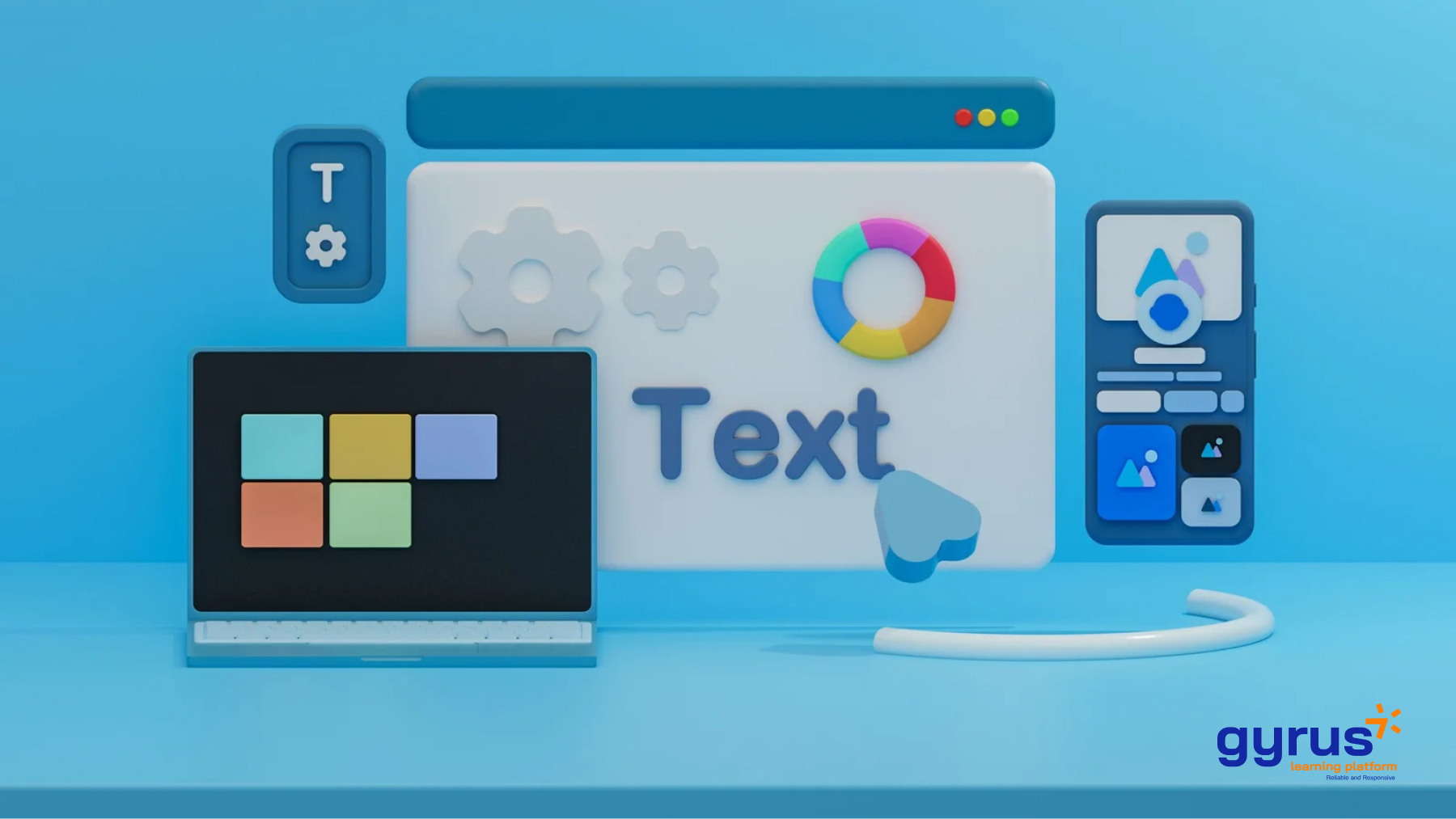In the dynamic landscape of education and corporate training, choosing the right Learning Management System (LMS) is pivotal for seamless learning experiences. With a notable surge, 90% of companies embraced LMS in 2021, showcasing a substantial rise from the 84% recorded in 2020. Moreover, the global LMS market, valued at $8.76 billion in 2019, anticipates remarkable growth, projected to reach $38.10 billion by 2027. This emphasizes the critical role of LMS. This exploration underscores the significance of effectively evaluating LMS reviews and user feedback, serving as a guide for stakeholders navigating the intricate landscape of learning technologies.
Understanding the Significance of LMS Reviews
In the ever-evolving landscape of Learning Management Systems (LMS), evaluating reviews and feedback from other users has become a crucial aspect of decision-making. Unveiling the significance of LMS reviews provides valuable insights for institutions and organizations seeking the most effective learning solutions.
What Are LMS Reviews?
LMS reviews are assessments and critiques provided by users based on their experiences with a particular Learning Management System. These reviews serve the purpose of offering valuable perspectives on the system’s functionality, user-friendliness, and overall effectiveness in facilitating learning and training.
Why LMS Reviews Matter
Understanding the importance of LMS reviews involves a comprehensive analysis of features. This section explores the steps to identify the relevance of reviews, guiding decision-makers in selecting the most suitable LMS for their unique requirements.
1.Types of LMS Reviews and Feedback
- Expert Reviews
Expert reviews provide in-depth analyses conducted by expert professionals in the field. These expert opinions offer a more nuanced understanding of LMS capabilities that can help organizations in their evaluation process. - User Reviews and Feedback
User reviews offer feedback from individuals with practical experience using the LMS. Real-world insights from users contribute to a holistic assessment, guiding potential adopters toward informed decisions in their LMS selection process.
2.Accumulating LMS Reviews
Evaluating Learning Management System (LMS) reviews begin with the essential step of accumulating a diverse range of opinions. This process involves examining multiple facets to ensure a comprehensive understanding:
- Leverage Multiple Platforms
To gather a well-rounded view, explore reviews on various platforms, including. dedicated review sites, forums, and official product pages. - Consider Volume and Recency
Prioritize recent reviews for up-to-date insights and consider the volume of reviews to gauge the overall user sentiment effectively.
- Check Reviewer Profiles
Assess the credibility of the source by checking reviewer profiles for details on their background, role, or industry affiliation. Verified reviews from reputable platforms add an extra layer of trustworthiness. - Understand the Context
Consider the context in which the reviews are given, such as the reviewer’s specific use case, organizational size, and objectives, to align feedback with your requirements.
3.Credibility of the Source
When evaluating LMS reviews, the credibility of the source providing the review is paramount. To ensure the authenticity and reliability of reviews, consider the following:
- Reviewer’s Expertise
Assess the reviewer’s expertise in the field of education or training. Reviews from individuals with relevant experience add credibility to the feedback. - Verification of Identity
Check if the review platform verifies the identity of reviewers. Verified reviews provide an added layer of authenticity, as they are linked to real individuals.
4.Balance of Positive and Negative Feedback
A balanced evaluation involves considering both positive and negative feedback offered in the LMS reviews. This approach provides a comprehensive perspective, allowing potential users to anticipate challenges while appreciating the system’s strengths:
- Understand the Contextual Positivity/Negativity
Consider the context in which positive or negative feedback is given. Reviews that provide specific examples and context offer more valuable insights. - Spot Consistent Themes
Identify consistent themes across reviews to discern patterns in user experiences. This helps in distinguishing between isolated incidents and recurring issues. - Acknowledge Subjectivity
Recognize that user experiences are subjective. Encourage stakeholders to look beyond individual opinions and focus on trends and patterns across a spectrum of reviews.
5.Consistency in User Feedback
Consistency in user feedback is a crucial aspect when evaluating LMS reviews. Understanding the significance of consistent themes provides valuable insights into the LMS’s performance:
- Identification of Common Threads
It is important to identify common threads or recurring topics in user feedback. Consistency in themes indicates that certain aspects significantly impact users. - Significance of Repeated Mentions
Repeated mentions of specific features or issues in multiple reviews enhance the reliability of feedback. It suggests that certain aspects consistently resonate with users. - Integration into the Decision-Making Process
When decision-makers integrate consistent user feedback into their decision-making process, it provides a more reliable basis for addressing concerns or leveraging strengths during the selection of an LMS.
6.Analyzing User Feedback
Evaluating Learning Management System (LMS) reviews involves a deeper analysis of user feedback to extract meaningful insights:
- Common Issues and Solutions
Spot common issues mentioned in feedback and explore potential solutions. This can help in addressing recurring challenges and ensures a proactive approach to problem-solving. - User Experience Considerations
Consider the overall user experience, including aspects like interface intuitiveness, accessibility, and customization options as they are the key factors influencing user satisfaction.
7.Utilizing LMS Reviews in Decision-Making
The decision-making process for selecting an LMS can be enriched by effectively utilizing reviews. This section explores the pivotal role reviews play and how to integrate them into decision-making:
- The Role of Reviews in Decision-Making
LMS reviews play a crucial role in the final decision. Reviews provide real-world insights into the performance, usability, and effectiveness of an LMS. - Combining Reviews with Other Factors
It is important to combine reviews with other considerations in the selection process. Decision-makers should integrate user feedback with factors such as budgets, technical support, and customization options for a comprehensive evaluation.
8.Evaluating Reviews and Feedback for an Informed Decision
Navigating the world of LMS options can be overwhelming. By carefully evaluating user reviews and feedback, you can gain valuable perspectives on the LMS’s strengths, weaknesses, and overall suitability for your organization’s specific needs. Harness the collective wisdom of users to assess the ease of use, functionality, effectiveness, and support provided by the LMS vendor. Seek opinions from diverse user groups, including educators, administrators, and learners, to gain a holistic understanding of the platform’s impact. If you are evaluating LMS for your learning needs, consider GyrusAim. It is a powerful learning tool using which, you can unlock a world of transformative learning experiences. Reach out to know more about us.









